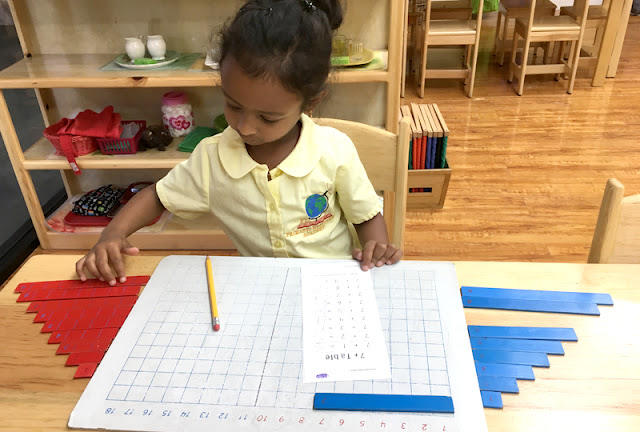Nature-Deficit Disorder – How Can You Connect Your Kids to the Great Outdoors
In today’s world, most kids are alienated from nature, when it needs to be an essential part of growing up. Climbing trees, bee stings, crushing ants, and catching butterflies have the potential to make childhood days memorable for any kid. Preschool teachers feel nowadays many children are suffering from Nature-Deficit Disorder. Nowadays as kids do not spend much time with nature, they are growing up with a complete lack of comprehension of the world around them. Spending more time in nature helps children develop stronger immune systems, healthier emotional coping abilities, empathy, and a scientific mindset.
So,
How Can You Connect Your Kids to the Great Outdoors?
Start
from home - Allow the youngster to interact with nature, whether or not you
have a garden at home. Planting a tree, shrub, or bush and nurturing and
raising it, even in a pot, erecting a sparrow or owl home outside your window,
getting your hands filthy in the mud, or making sure the rain splatters on the
tomato creeper, can all be the beginning of a passion for nature. Modest and
large critters will materialize mysteriously once you have even a small amount
of flora around.
The
great outdoors - All you have to do is pique the interest of children by taking
them to botanical gardens or protected woods near cities. Wilderness has a
certain allure. Unlike television and video games, where you can only hear and
see, forests provide a sensory overload: you can feel, see, taste, smell, hear,
and have a great time. A child's viewpoint can be changed by firsthand contact
with the outdoors.
Visiting
zoos and zoological parks - To the majority of us, nature depletion has been
reduced to global warming threats. Our educational system has succeeded in
painting an apocalyptic scenario while failing to foster a connection with
nature. With forest cover dwindling, animals being poached to extinction, and
wildlife sanctuaries being the interest (or privilege) of a few, connecting
with nature appears to be a distant possibility. In Hacienda
Heights CA Zoos and zoological parks are still the only venues where
people may connect with animals and be educated about them. Zoos, in fact, are
an unrivaled educational resource for the general public. They also reproduce
many highly endangered species that are threatened even in wildlife refuges.
Nature
education requires a visually appealing location that can pique a child's
interest while also competing with the internet, television, and Playstations.
After viewing an animal up close, no preschool-going
child can remain indifferent. Zoos are places where youngsters can view animals
they've only heard about in books. It's a joy to witness a child's delight in a
zoo. It provides shape to their imagination and invites them into a world of
wonder. Many of them grow up to be crusaders for wildlife conservation.
Besides
these, you can even encourage your kids to read different books on nature, take
care of the terrace garden or participate in tree plantation movements.




Comments
Post a Comment